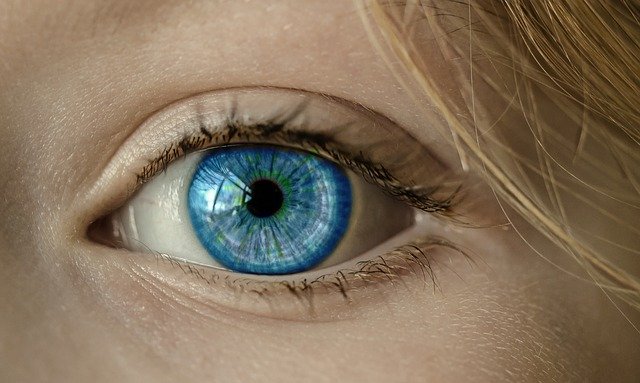 HM writes: "Is EMDR a New Age therapy? I’ve participated in it through my counseling for OCD. It was first presented to me by a Catholic therapist, a wonderful woman who explained that it is effective in people with PTSD and especially OCD because the light bar distracts the front part of the brain, enabling the long-term memory portion of the brain to tap into traumatic memories and reprocess them appropriately. It seemed scientific to me and actually helped calm down many ‘triggers’ for my OCD.
HM writes: "Is EMDR a New Age therapy? I’ve participated in it through my counseling for OCD. It was first presented to me by a Catholic therapist, a wonderful woman who explained that it is effective in people with PTSD and especially OCD because the light bar distracts the front part of the brain, enabling the long-term memory portion of the brain to tap into traumatic memories and reprocess them appropriately. It seemed scientific to me and actually helped calm down many ‘triggers’ for my OCD." . . . I’ve experienced much relief in the past from this type of therapy. But now, I’m concerned that I’ve done something wrong. Can you please help explain this to me? I never would have participated in it had I known that it was something New Age that could have opened me up to the spiritual realm. I truly just thought it was reorganizing bad memories in my brain."
You are not in any danger from having used EMDR therapy. Although there is some controversy surrounding this therapy, these disputes have nothing to do with New Age or occult beliefs, but with the way the therapy actually works.
For those who have never heard of it, EMDR therapy stands for Eye Movement Desensitization and Reprocessing and is a relatively new form of psychotherapy which is used to treat PTSD and other anxiety disorders.
It was discovered in 1987 by a psychology graduate student named Francine Shapiro who noticed that upsetting thoughts faded when she moved her eyes rapidly from side to side. She began to study this effect scientifically and within two years, published a controlled study which described dramatic single-session cures for 22 patients with PTSD. The same results were duplicated in a three-year follow-up.
A typical session lasts up to 90 minutes and will consist of the EMDR therapist asking the patient to recall a disturbing event. At the same time, the patient is asked to follow the therapists hand motions with his or her eyes. Gradually, the therapist will guide the patient into thinking more pleasant thoughts with some practitioners using some kind of alternative to the hand motion, such as tapping their toe or playing musical tones. After the session, the therapist will ask the patient to rate their level of distress with the hope that the disturbing thoughts will have become less disabling.
While the treatment sounds somewhat bizarre, it has been subjected to a great deal of clinical study with some good results. According to WebMd, the American Psychiatric Association (APA) has noted the effectiveness of EMDR for treating symptoms of acute and chronic PTSD. The APA particularly recommends it for persons who have difficulty talking about the traumatic events they have experienced.
However, APA guidelines do note that more research is needed to determine if improvements related to EMDR can be sustained. It's also important to note that even supporters agree that it is not yet known exactly how EMDR works. At this point, it is only a theory.
A 2017 review of EMDR studies found that "the available evidence suggests that EMDR therapy improves trauma-associated symptoms and has a minor effect on the primary disorders by reaching partial symptomatic improvement."
It concluded that EMDR could be useful in psychotherapy to treat trauma-associated symptoms in patients with psychiatric disorders. "Preliminary evidence also suggests that EMDR therapy might be useful to improve psychotic or affective symptoms and could be an add-on treatment in chronic pain conditions."
Thus far, there are no known side effects of EMDR and it is considered to be a safe therapy.
However, it must be said that there are cheap imitations of EMDR therapy out there so patients need to take care that the method used is the 8-Phase approach put forth by Shapiro.
This website offers a thorough FAQ on EMDR, including questions to ask to determine if a practitioner is qualified to use this therapy.
